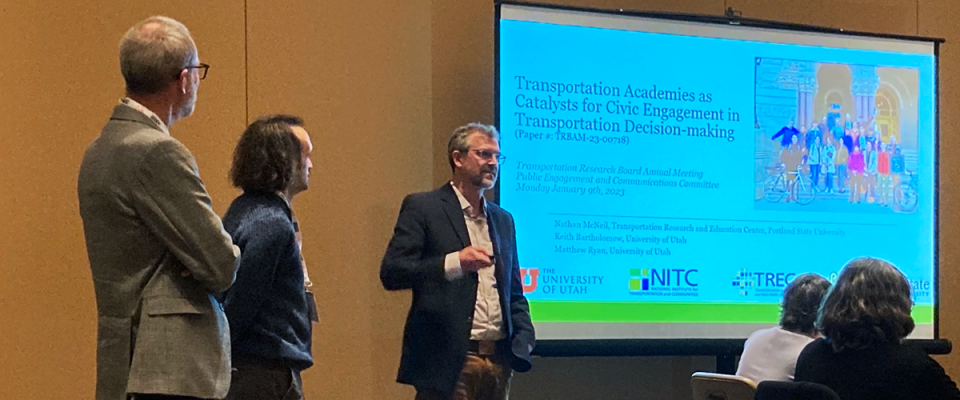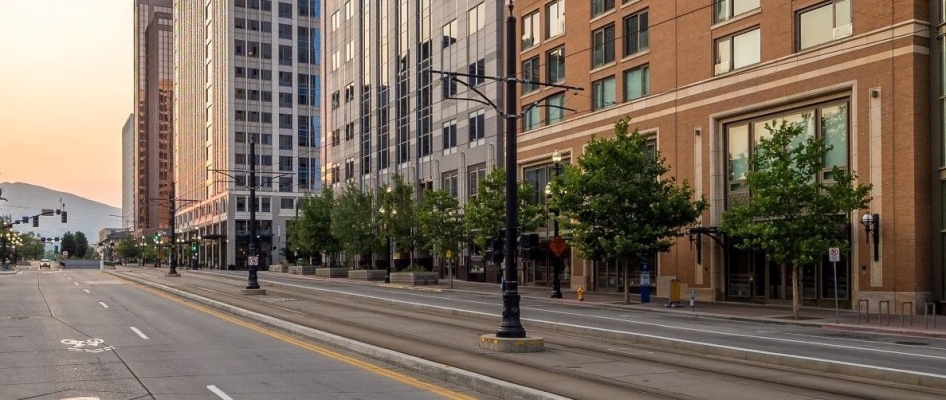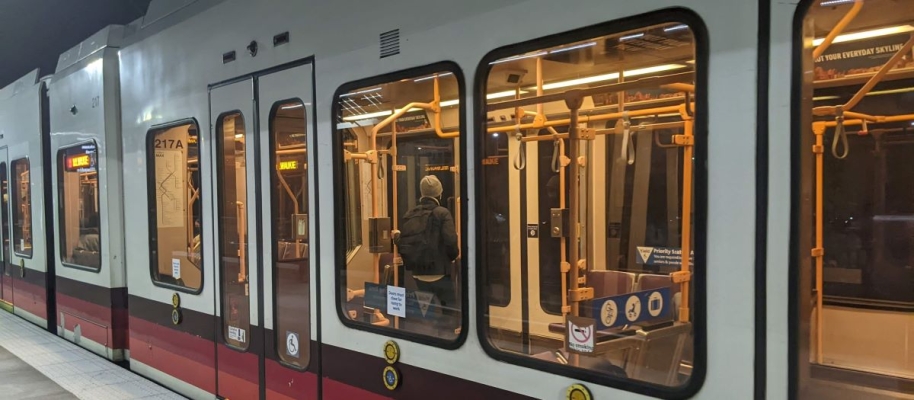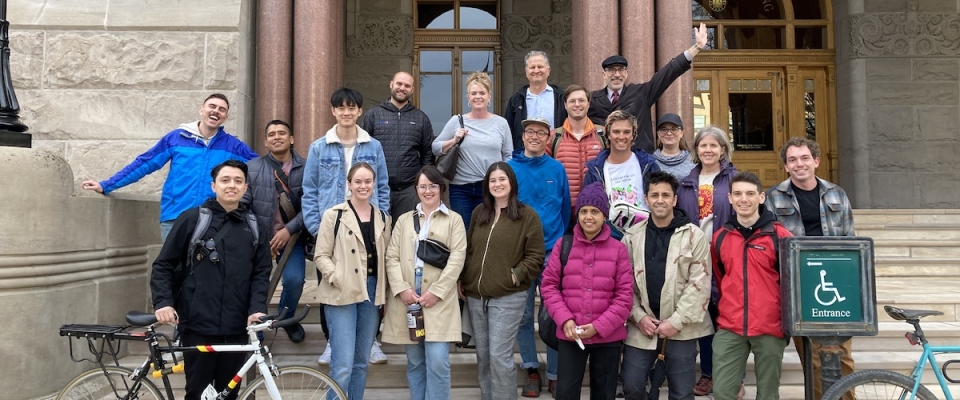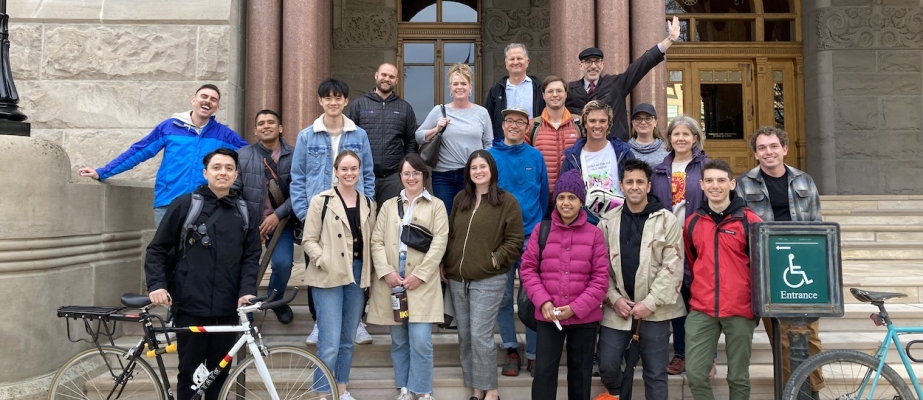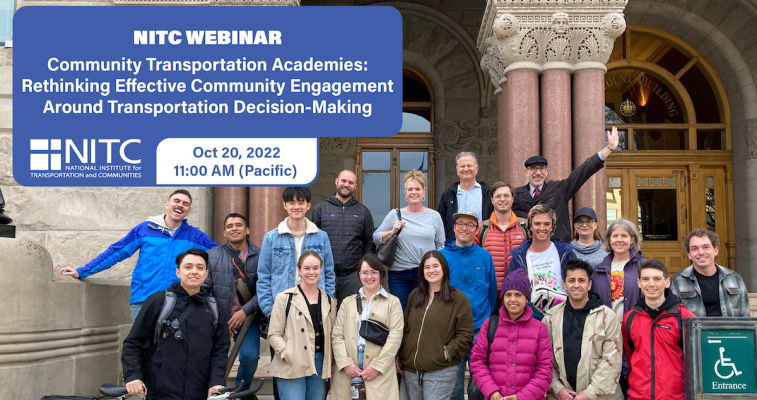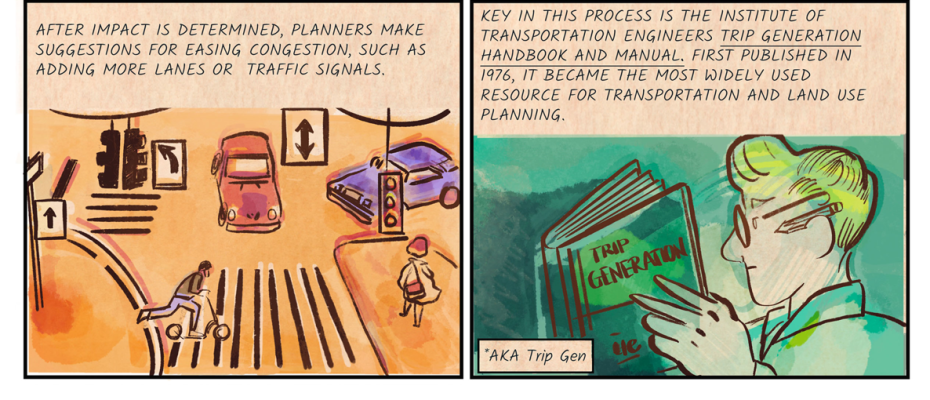Nathan McNeil, a Research Associate at PSU's Transportation Research and Education Center (TREC), and co-authors Keith Bartholomew and Matt Ryan (University of Utah), have been selected for a Charley V. Wootan Award for their paper "Transportation Academies as Catalysts for Civic Engagement in Transportation Decision-making." They will be presented with the award in January at the annual meeting of the Transportation Research Board (TRB).
The paper, published in Transportation Research Record (TRR): The Journal of the Transportation Research Board, draws on findings from a project funded by the National Institute for Transportation and Communities (NITC), with additional support from Salt Lake City Transportation Division; Wasatch Front Regional Council; Utah Department of Transportation; Utah Transit Authority; University of Utah; Salt Lake County, Regional Planning and Transportation; and the Portland Bureau of Transportation. Read more about the project: Launching the Wasatch Transportation Academy.
The article will also appear in a promotional issue of the TRR journal, physical copies of which will be available in the TRB Annual Meeting Exhibitor Hall in Washington, D.C. during the annual meeting. Stop by the TRR Journal booth for a copy.
The...
Read more
